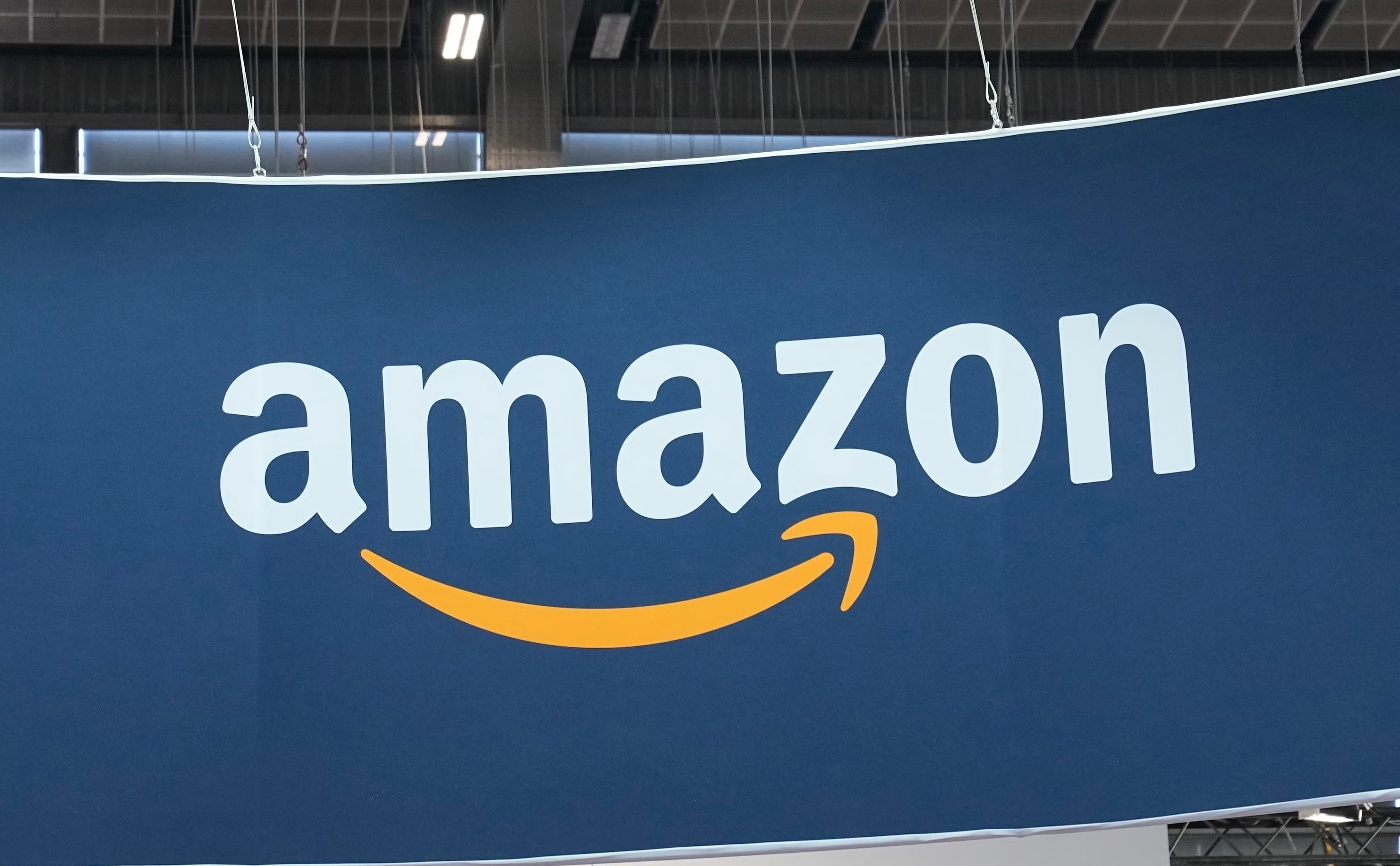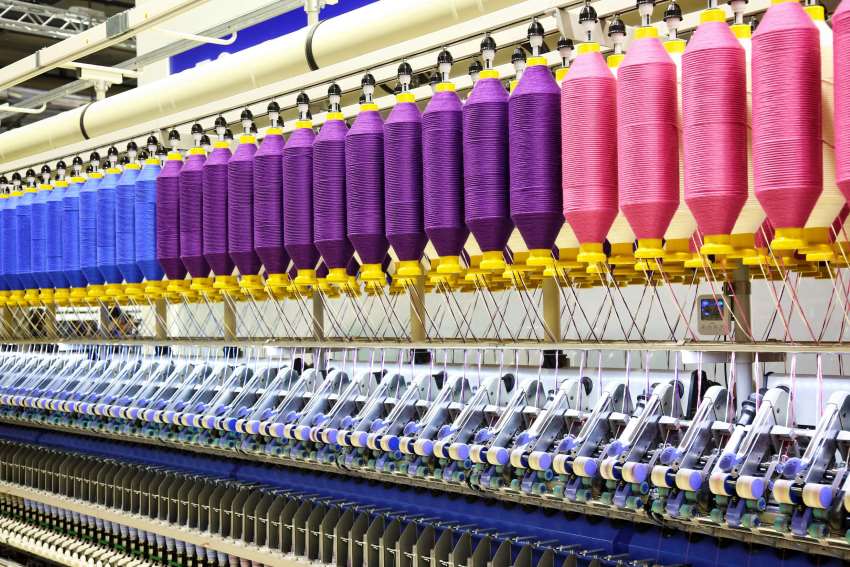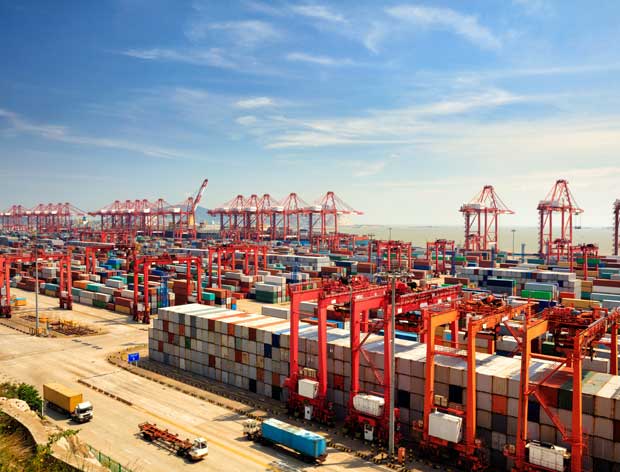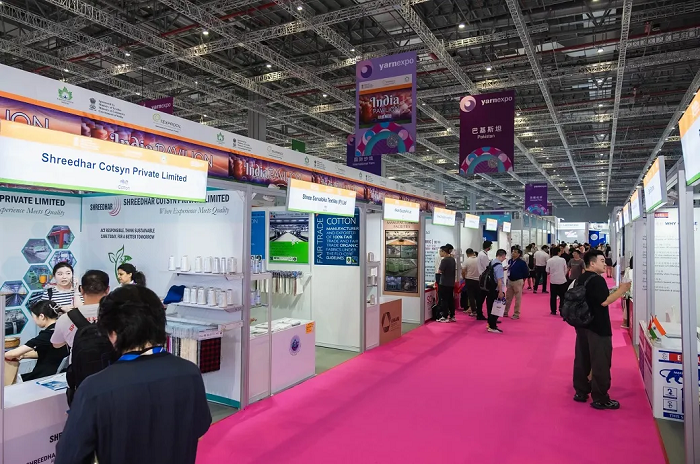FW
Jens D Lukaczik is the new president of Bremen Cotton Exchange. Lukaczik is managing partner of the Bremen-based Cargo Control Germany. The new vice presidents are: Ernst Grimmelt, managing partner of Velener Textil, Fritz A. Grobien, managing partner of Albrecht, Müller-Pearse & Co. Trade, and former president Henning Hammer, managing director of Otto Stadtlander.
The Cotton Exchange remains a reliable service provider for members. For the future, it will continue to intensify its communications, both internally and externally. In times of fake news and an increasingly emotional public debate, competence and objectivity are its strengths in public discourse. The aim of the Bremen Cotton Exchange is to further strengthen the clear advantages of the natural and sustainable raw material cotton in the consciousness of the consumer, as well as in ecological, social and political discussion.
The members of the board and the executive committee represent different areas of the textile supply chain, e.g. trade, processing and logistics. With this diverse expertise, the Bremen Cotton Exchange has access to a comprehensive network and global information resources throughout the cotton industry.
At its 144th Annual General Assembly in the 146th fiscal year, the board of directors reported to the members on the past financial year and presented its accounts in accordance with the articles of the association.
India’s apparel exports may decline by ten per cent in fiscal ’19. In 2017-18 exports declined by four per cent. The downturn continued in fiscal 2018-19 with a month on month decline of eight per cent to ten per cent. The country’s apparel exports have taken a beating from October 2017 onwards. GST has resulted in non-refund of several embedded taxes.
The 20 per cent jump in cotton prices in the last few months has also hit exports severely. India’s domestic apparel market has grown at a CAGR of ten per cent since 2005. Due to presence of strong fundamentals, the domestic apparel market is expected to grow at 11 per cent to 12 per cent CAGR up to 2025. The Indian domestic market has performed better than the largest consumption regions like US, EU and Japan, where depressed economic conditions has led to lower demand and growth.
The domestic market size is dominated by the ready-to-wear category, with a 84 per cent share, which is further growing at a CAGR of ten per cent to 11 per cent. The ready-to-stitch market is expected to grow at a CAGR of seven per cent and reach about 20 billion dollars by 2025.
"The Institute of Textiles and Clothing (ITC) of The Hong Kong Polytechnic University (PolyU) in partnership with the Vision and Beauty Team at Alibaba and The Textile Institute, UK is organising the first-of-its-kind academic conference titled ‘Artificial Intelligence on Fashion and Textile Conference 2018’ from July 4 to 8, 2018. The four-day conference is exploring the integration of fashion and textile supply chain and artificial intelligence (AI). Over 250 researchers, engineers, practitioners and IT professionals from the AI and fashion fields are participating."
 The Institute of Textiles and Clothing (ITC) of The Hong Kong Polytechnic University (PolyU) in partnership with the Vision and Beauty Team at Alibaba and The Textile Institute, UK is organising the first-of-its-kind academic conference titled ‘Artificial Intelligence on Fashion and Textile Conference 2018’ from July 4 to 8, 2018. The four-day conference is exploring the integration of fashion and textile supply chain and artificial intelligence (AI). Over 250 researchers, engineers, practitioners and IT professionals from the AI and fashion fields are participating.
The Institute of Textiles and Clothing (ITC) of The Hong Kong Polytechnic University (PolyU) in partnership with the Vision and Beauty Team at Alibaba and The Textile Institute, UK is organising the first-of-its-kind academic conference titled ‘Artificial Intelligence on Fashion and Textile Conference 2018’ from July 4 to 8, 2018. The four-day conference is exploring the integration of fashion and textile supply chain and artificial intelligence (AI). Over 250 researchers, engineers, practitioners and IT professionals from the AI and fashion fields are participating.
The conference was inaugurated by Bernard Chan, Under Secretary for Commerce and Economic Development, HKSAR Government; Dr Lam Tai-fai, Deputy Chairman of PolyU Council; Professor Timothy W. Tong, President of PolyU who delivered the welcome address; and Mr Zhuang Zhuo-ran, Vice President of Alibaba Group. PolyU President, Professor Timothy W Tong, in his welcoming address said the universities in Hong Kong have world-leading research and developing capabilities which is helping them to perform well in AI technology and related fields. Other speakers who will share their insight and research findings include Professor Zowie Broach, Head of Fashion of Royal College of Art; Mr MengleiJia, Senior Technical Expert,Taobao Technology Business Unit of Alibaba Group; Ms Kim Wong, Professor of Practice, ITC, PolyU; and Professor Dacheng Tao, Professor of Computer Science, School of Information Technologies, The University of Sydney.
To solve the imminent issues on the application of AI in the fashion ad textile supply chain, ITC and Alibaba are also organising a global competition called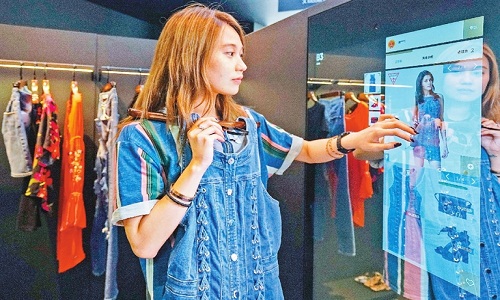 “FashionAI Global Challenge 2018”. More than 6,000 researchers and engineers forming over 5000 teams from 42 countries participated to compete for a prize pool of RMB1.34 million. The selected 10 best teams are now present in Hong Kong and will present their solutions at PolyU tomorrow (5 July).
“FashionAI Global Challenge 2018”. More than 6,000 researchers and engineers forming over 5000 teams from 42 countries participated to compete for a prize pool of RMB1.34 million. The selected 10 best teams are now present in Hong Kong and will present their solutions at PolyU tomorrow (5 July).
Concurrently, a Fashion AI Concept Store is being held at PolyU campus from July 4 to July 7 to demonstrate the integration of AI and fashion retail. The store integrates novel and intelligent technology to provide the ultimate shopping experience to customers and to improve sales and customers services at the same time.
Techtextil India 2019, slated from November 20-22, 2019 at the Bombay Exhibition Centre, Mumbai will launch the World of Composites, a dedicated pavilion that aims to bring stalwarts of the composite industry from India and across the world. Techtextil India is the leading international trade fair for technical textiles and nonwovens in India and for the region, offering solutions from the entire textile value chain for all industry applications.
Indian composites market is expected to touch $2 billion by 2021 with major industry growth drivers being government projects like smart cities development, sanitation and water infrastructure development projects, and renewable energy projects. Industry growth is predicted at a CAGR of 14 per cent. With this nature of demand, the World of Composites will be a top choice for product sourcing for industries like automobile and ancillary manufacturers, wind energy, aerospace and defence, construction, marine, electrical and electronics, etc. which constitute major end user applications of composites covering all the key segments.
The combination of these two will open a gamut of opportunities for exploring new business ventures with the most high-potential manufacturing sectors across the country to witness cutting edge technology and end to end solutions.
Public Eye and Clean Clothes Campaign are criticising Uniqlo for failing to live up to its social responsibility towards the affected women and men by refusing to negotiate with Indonesian trade unions over compensation for former factory workers.
Around 2,000 workers were made redundant when international brands suddenly cut their orders and the factory went into bankruptcy shortly afterwards. In the insolvency proceedings, though their right to salary and compensation were recognised the $5.5 million is still outstanding. Alongside Uniqlo, other companies that the factory produced clothes for and who also have a responsibility, include s.Oliver, Gerry Weber and Jack Wolfskin.
Over the past three years, the workers of Jaba Garmindo have been fighting tirelessly for their rights. The right to severance payments in the event of mass redundancies is recognised in international agreements and Indonesian law. Large multinational companies are thus expected to act pre-emptively to assess and mitigate the possible negative consequences of withdrawal from a factory. In the case of Jaba Garmindo, Uniqlo did not even inform the factory’s official trade unions of the planned withdrawal.
Thailand is pursuing a free trade agreement with the EU. The goal is a comprehensive FTA covering tariffs, non-tariff barriers and other trade-related issues such as services, investment, procurement, intellectual property, regulatory issues, competition and sustainable development.
Thailand and the EU have also discussed how to attain progress in the Doha Round negotiations, especially on fisheries subsidy rules, the role and the participation of small and medium-scale enterprises in world trade and e-commerce. Thailand also has concerns about the EU’s trade measures to phase out food-based biofuels like palm oil by 2030, data privacy laws and a digital services tax, saying such measures may affect the Thai private sector's dealings with the EU.
The EU is Thailand’s third-largest trade partner, with two-way trade in 2017 up 10.4 per cent from 2016. Thai exports to EU increased 7.5 per cent last year. Key exports include computers and parts, automobiles, gems and jewelry, electrical circuits, rubber products, air-conditioners and processed chicken.
Thailand has teamed up with the EU to push the World Trade Organization into greater engagement for handling protectionist and retaliatory issues to curb a possible trade war. Both sides have agreed to ask the WTO to play a more active role in promoting the multilateral trade system.
PromoTex Expo will take place in Düsseldorf, Germany from January 8 to 10, 2019. This is a trade show for promotional apparel, sportswear, work wear, promotional textiles, team wear, corporate fashion, household and home textiles and textile finishing. Textile finishers, textile experts, promotional products distributors, advertising technicians, and other designers and agencies from more than 80 countries are expected to attend.
Nearly half trade visitors will be from outside Germany. They will get to meet the most important international textile manufacturers, importers, textile distributors and finishing services providers.
The focus at the show will be on hot topics like mass customisation and personalisation, smart clothes, sustainability in the textile production chain, and the multifaceted world of textile finishing. Creative special exhibits covering key industry topics and networking formats like a matchmaking event to enable direct business contacts round off the program and provide the industry with the perfect foundation for lead generation, relationship management and continuing education.
Held concurrently with PSI and viscom, together, the three trade shows will draw more than 1,000 exhibiting companies and more than 20,000 trade visitors from around the world since they cover the entire spectrum of visual, textile and haptic advertising and communication on the international level.
Primark’s overall sales have risen six per cent for the year in constant currency terms. Profit at Primark will be higher than expected this year after the chain began buying more garments from Southeast Asia, where tariffs and production costs are lower than in China. The chain -- which sources around three-quarters of its products in dollars -- has also been boosted by the weakening of the US currency.
Primark has nine outlets in the US. Its US business will be worth as much as $6.2 billion if the company is able to successfully translate its fast fashion model. In Europe, brick-and-mortar fashion retailers have fallen from favor with investors amid the rise of e-commerce and a shift in spending from clothes to entertainment.
Value retail giant Primark is going from strength to strength. It has stores in the UK, Spain, Netherlands, the US, Belgium and Italy. The fashion chain is performing particularly well in the UK and is also benefitting from the currency shifts that have seen the pound getting weakening since the EU referendum vote a year ago. Primark has continued to open stores fast and added 1.3 million sq ft of retail space since the beginning of the financial year.
The next edition of global upstream fashion trade show Première Vision Paris (PVP) will feature a new ‘Smart Square’ zone - dedicated for visitors to meet ambassadors of sustainable and responsible fashion initiatives. The PVP ‘Smart Square’ sustainable fashion zone will double in size and expand its platform opportunities for new products, innovations and services by developing an area dedicated to alternative materials, which have been proposed by 25 new companies. Furthermore, the zone will include an enlarged space revolving around five events
The show, to be held from September 19-21, 2018 in Paris Nord Villepinte, will include a series of new initiatives such as digitisation, eco-responsibility, creative innovations, and novel inspirations. Spread across five halls of the Parc des Expositions, the September edition of Première Vision is expected to draw 1,964 exhibitors from 57 countries, 143 of whom will be there to demonstrate their latest strengthened strategic commitments in terms of the sector’s coming challenges for the first time.
Nike has appointed Noel Kinder as its new VP-chief sustainability officer (CSO). Employed with the company for the past 19 years, Kinder was most recently Vice President, Sustainable Manufacturing and Sourcing. Prior to this, he was General Manager, Nike Vietnam, LLC where he was responsible for all manufacturing operations. He has held a wide range of leadership positions in the company’s footwear and apparel divisions, as well as roles in strategic planning and finance. Prior to his roles at Nike, Kinder also served in the Peace Corps, spending two years in Honduras.
Kinder will report to Eric Sprunk, Nike’s Chief Operating Officer and Tom Clarke, President of Advanced Innovation, with oversight from the Corporate Responsibility, Sustainability & Governance Committee of the Nike Inc. board of directors. He will succeed Hannah Jones, a 20-year Nike veteran as CSO, who after 14 years in the role will become President of Nike Valiant Labs, the company’s in-house new business model incubator.







